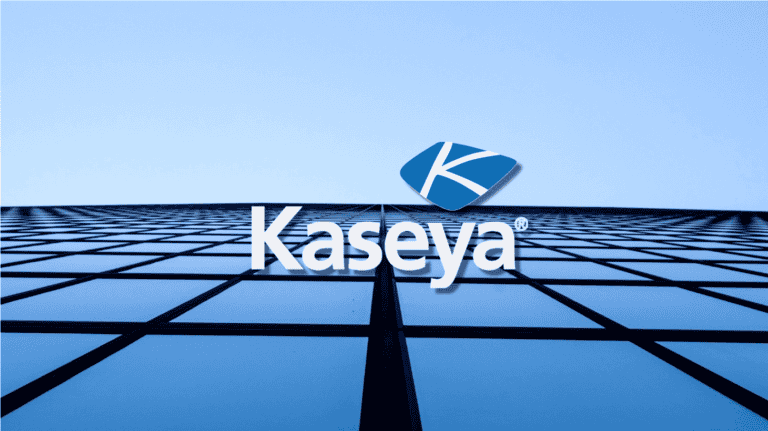Kaseya has announced a new partnership with SafeLogic, which focuses on cryptographic solutions. FIPS compliance, based on strict requirements monitored by the U.S. government, becomes more easily attainable as a result.
With this new partnership, Kaseya is making it easier to get its encryptions to FIPS 140-3 level. This requirement is becoming more important by the day, as FIPS 140-2 will be discontinued in September 2026. With FIPS 140-3, organizations must adhere to cryptography standards in firmware, software and hybrid modules, in addition to the hardware itself (already a requirement for FIPS 140-2). AES 128 encryption counts as a minimum across the board, while digital signatures must contain a minimum of 112 bits when generating a new signature.
Focus on government standards
Max Pruger, general manager for Audit & Compliance at Kaseya, emphasizes that this move fits within their commitment to FedRAMP, which can be crucial for companies looking to work with U.S. government agencies. Kaseya will implement SafeLogic’s FIPS-validated encryption technology across its portfolio.
The major difference between FIPS and FedRAMP is that the latter focuses on the responsible use of cloud services by government agencies. To win over the Washington government or federal agencies as customers, software providers should shoot for FedRAMP.
Future-proof security
The FIPS standard, developed by the National Institute of Standards and Technology (NIST), provides a crucial foundation for protecting sensitive information. By enhancing the IT Complete platform with FIPS 140-3 validated cryptography, Kaseya’s partners can demonstrate that they meet these compliance requirements.
Kaseya launched its FedRAMP authorization process on Oct. 1, 2024, partnering with SERA-BRYNN as an external assessor. This new partnership with SafeLogic further strengthens Kaseya’s position in delivering high-quality security solutions for government customers.
Also read: Kaseya dramatically simplifies life of MSPs with Kaseya 365
